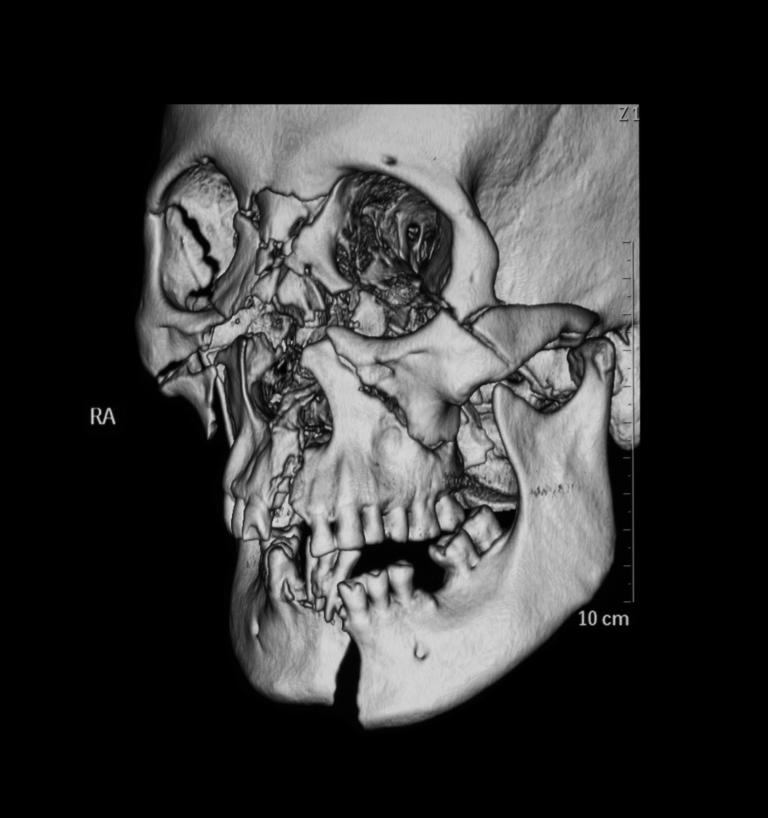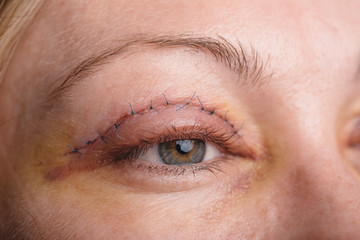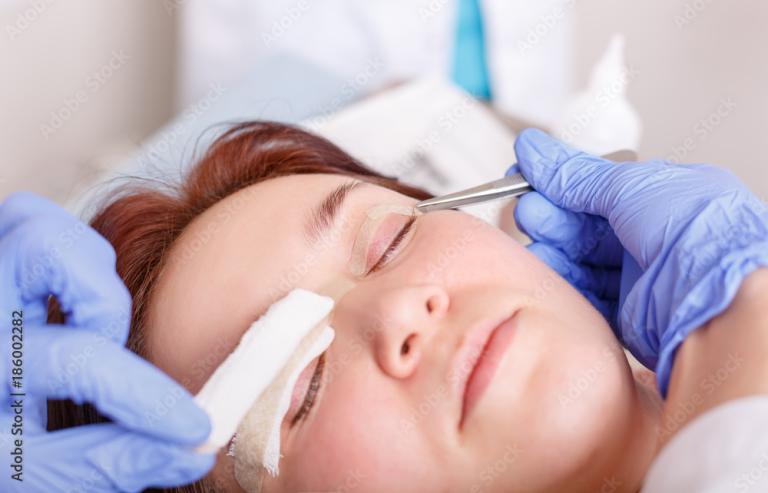Patients will often experience a small amount of bleeding from their surgical site after discharge from hospital.
This can often be seen as staining on garments or surgical tapes.
Although this can be understandably alarming, it is very normal, and rarely sign of a serious complication.
If the following bleeding occurs, please contact the clinic:
Small amounts of blood loss, two or more times in a 24 hour period
Bleeding that starts 2 or more weeks after surgery
If you have a sudden increase in pain that cannot be comfortably improved by pain relief along with rash, fever, flu like symptoms or a malodorous smell.
If you experience large amounts of sudden blood loss, proceed to your nearest emergency department.
